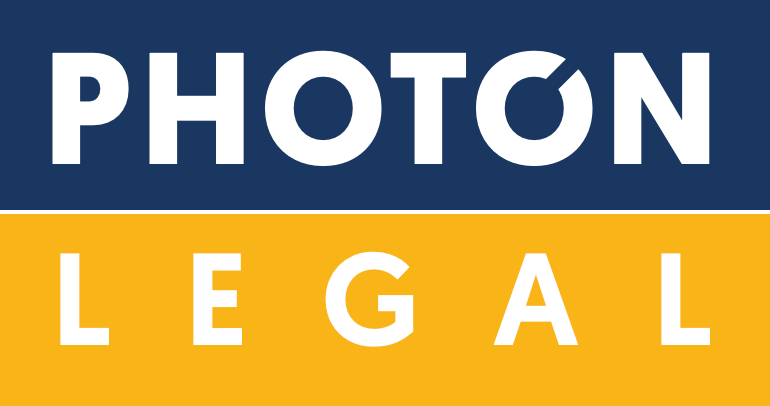Introduction
Intellectual Property (IP) helps an inventor protect his novel idea. The importance of IP portfolio, IP valuations and IP auditing for tech-leading companies cannot be overemphasized upon. Any company’s growth in IP and other sectors depends on the human resources at work. Therefore, true innovation, research and growth of any company should be largely credited to the dedicated employees who turn problems into opportunities. IP ownership has a big impact on employee-employer relationship. We come across various disputes between an employee and an employer over ownership of IP. The disputes are often related to IP rights, particularly patent rights. We must understand that a person who owns a patent may not be the one who created it. The Indian Patent Act has also not provided any clarity over the ‘ownership of patent’. Thus, the question remains is – Who actually owns a patent? An employee who invents a novel product or an employer who sells the product? Let’s take a look!
What Law says?
By law, a person who creates an invention is termed as a ‘true and first inventor’ of a patent. However, the inventor may willingly assign the patent rights to any company/an individual. In such case, the company/the individual would become the ‘applicant’ of the patent. It is essential to enter into an agreement which clearly transfers rights from the inventor to the company/ individual. Such agreement is to be executed by all parties with appropriate clauses therein. In another case, if the inventor does not assign rights to any company/individual the ‘inventor’ would become the ‘applicant’ of the patent. Since this case doesn’t involve any transfer of rights, no agreement may be necessary.
Everyone is under a misconception that the employer is the owner of the employee’s patent. In reality, the employer depends on the employee’s idea to promote business and not vice versa. Employers use the employee’s idea to improve business and surpass their competitors. Generally, the employer asks the employee to sign an agreement at the time of employee’s joining. The agreement includes different clauses relating to inventions or other IPs created by the employee. The clauses mostly mentions that all inventions of the employee would be assigned to the employer by default. In certain companies, the clauses mention that if employee invents anything during the period of employment, in office hours, using facilities provided by the employer, then the patent right for the invention would be assigned to the employer. In either case, the employee would be an inventor, and the employer would be the applicant. Further, the employer company takes care of all attorney costs and patent office fee to file the patent for the invention. It may be pertinent to note that in such cases the Employee may not benefit out of is invention after terminating his employment with the employer company under privacy terms.
Disputed Ownership
Consider another scenario, where there is no such agreement between the employee and the employer. The employee would be the only owner of the patent. However in such cases as well, the employee may use the infrastructure and facilities provided by the employer in order to invent the idea. This lack of any agreements over ownership of IP may soon lead to disputes. Because, as per law, the employee has to sign few forms to assign the patent rights to the employer while filing the patent application. At this point, if the employee refuses to sign such forms, then employer can get into trouble to obtain the patent rights for such patents. Consent of the inventors is essential for registering the IP in name of the employer company. Even if the employee has used the facilities of the employer, the employer would be deprived of the patent rights. It may also happen that the employee may proceed to individually file a patent for his work. The employer may then find it difficult to claim that the invention also belongs to the company since there has been no agreement to this effect.
Joint Ownership
In yet another scenario, the employee and the employer may enter an agreement for joint IP rights. In this kind of agreement, the employee and the employer would claim a joint ownership for their patents. Here, the patent rights would remain with the employee even after termination from the employer. This may be seen as an idealistic arrangement where equal rights are enjoyed by both the parties.
Out of office inventions
The employee can invent a technique at home i.e. after or before the office hours. The technique, as invented, might not be the part of job of the employee at workplace. The employee should be able to prove that he/she has not used facilities of the employer for the invention. Here, the employee would be the owner of patent. All patent rights remain with the employee. The employee can take all further decisions of licensing or assigning of patent after the grant.
Ownership for Research
The Research Institutes/departments, involved in research work, hire employees to innovate and create novel products as part of their research projects. In such cases, the Research Institutes/departments execute an agreement with the employee related to IP rights. The Research Institutes/departments owns the right of patent invented by the employee. This is because, it is the job of the employee to create the invention for the institute, and the employee is getting paid for the research. The employee has to take permission from the Research Institutes/departments before proceeding to any patent filing.
Conclusion:
We have seen different scenarios for the ownership of patent in this article. The ownership of patent depends on the facts of each case. The importance of an agreement between employee and employer is highlighted. It is advised to execute the agreement between the employee and the employer in order to reduce the possible future disputes. The Indian Patent Office should also provide some clarity on the ownership of patent to minimize the disputes. Should you have any such disputes or agreement related queries just write to us at photon.ip@photonlegal.com and we shall get right back. Happy Inventing!
Author: Rupali Nagpure

